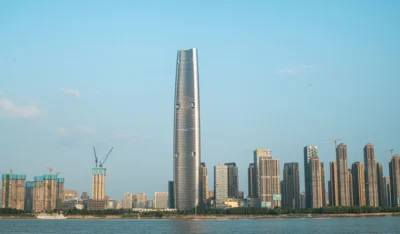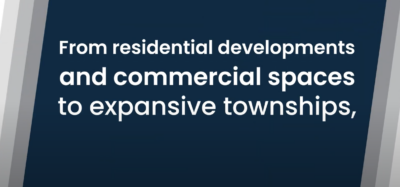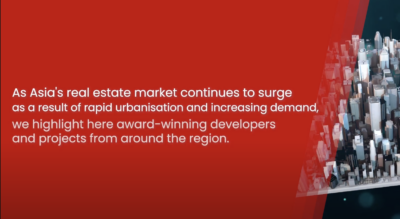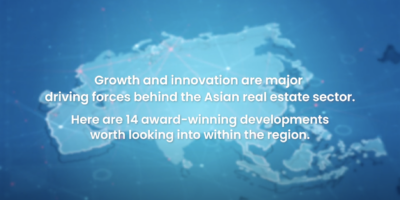Foreigners in Thailand register high condo transfers
For two years in a row, Chinese were listed as the biggest group of condo investors in the country
In the first nine months of this year, foreign investors documented a 1.8 percent year-on-year increase of condo transfers across the country, implying that foreigners seldom dump units booked during transfer time, reported Bangkok Post.
“Most of these condos were booked as off-plan units more than one year ago. Buyers accepted the unit transfers even though the baht strengthened against the yuan,” explained Vichai Viratkapan, acting director-general of the Real Estate Information Center (REIC).
Nevertheless, he predicted a decline in the number of condo transfers by foreigners from the fourth quarter of this year until next year, as the uncertainty of the global economy and the strength of Thai baht persists.
A Lands Department data gathered by the REIC revealed that 9,427 condo units were transferred to foreign investors, amounting to THB35.98 billion (USD1.2 billion).
More: Hyper-connected homes elevate art of smart in Thailand and Singapore
The volume rose by 1.8 percent during the same period in 2018, but the value plunged at 5.8 percent as more foreign investors bought lower unit prices. With 4,653 units amounting to THB23.15 billion, the greater Bangkok area accounted for almost half of the country’s sum total, climbing 6.6 percent and descending 6.9 percent.
Meanwhile, eastern provinces followed, selling a total of THB8.94 billion for 3,505 units, increasing at 2.9 percent and dropping at 1.5 percent.
Northern and southern regions fell 16.7 and 1.9 percent in terms of total units sold, while the value reduced by 24.6 and seven percent. The northeast also dropped in the number of units and value at 38.2 percent and 13.5 percent.
On the other hand, the western region experienced a sharp increase of 166 and 69 percent, caused by the lower base a year before.
Among the foreign investors, Chinese continued to be the biggest group of condo investors in Thailand, making up 57.6 both in 2018 and most of 2019. Russians followed suit, accounting for 6.2 percent in 2018 and 6.6 percent in 2019.
Recommended
The Philippines’ LIMA Estate drives sustainable industrial growth
LIMA Estate models a citywide vision that uplifts workers while appealing to climate-conscious employers
Malaysia property market rebounds with foreign interest and growth
The nation’s property market is stirring to life, fuelled by foreign buyers and major infrastructure drives
China’s renewable energy surge redefines housing norms and development
From exporting solar panels to building entire green-powered neighbourhoods, China’s renewable surge is redefining housing norms
Philippine real estate stays resilient amid political turmoil
The arrest of former President Rodrigo Duterte is a huge political plot twist. But the real estate sector in the Philippines is not (yet) flinching









